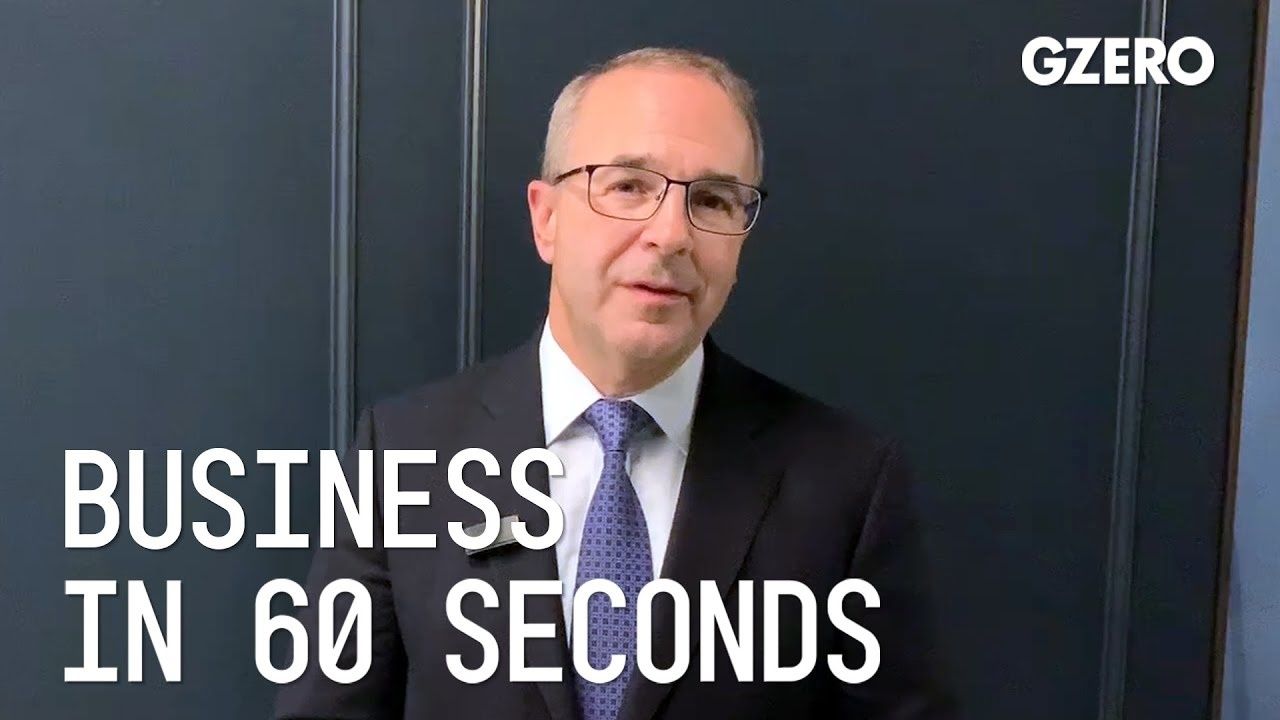
How has corporate America changed since the events of 2008?
Really, there are three forces which have changed corporate America for good. One: Globalization. No longer seen as the panacea, now seen as a real force that may actually be dismantled, as barriers go up across the world, forcing businesses to reevaluate their supply chains. Two: Rising inequality. Questioning the role of business and its contribution in society more generally, leading to a shift among CEOs from the shareholder to the stakeholders, the many that now require a different set of metrics and a different way of doing things. And thirdly, of course, the change that's been brought about now as the climate becomes a source of instability. For years business was able to plan, safe and secure in the knowledge that the environment at least was something that predictably would not cause an issue. Well, today that's no longer the case. Whether it's global warming and with it, the temperature changes which have led to some of the flooding and indeed the very different forces which are changing insurance premiums around the world or indeed the attitude of the young men towards those who pollute the environment. There isn't a business out there that can afford not to act and take stock of their environmental footprint. So, much has changed and it's not going back.